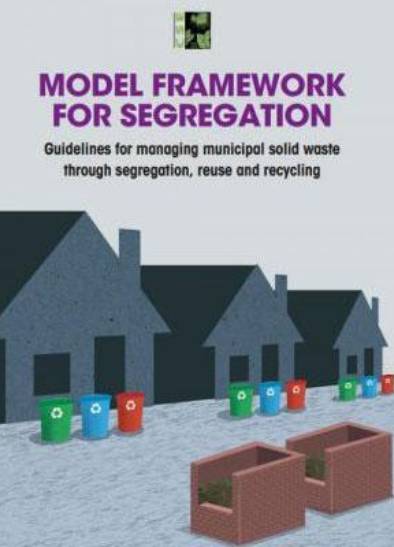With a staggering population of 1.3 billion and waste generation amounting to 62 million tonne every year, there is no denying that India is drowning in waste. As the economy continues to grow at a fast pace, the increase in waste generation is outpacing the increase in population growth by a factor of five. Currently, the focus of solid waste management in India is merely on collection and transportation to landfills, with hardly 23 per cent waste getting treated or processed. Land for disposal is fast exhausting. In any case, landfills are an environmental and health hazard. In this scenario, decentralized waste management presents itself as the best option. It not only cuts costs considerably, as less money is spent on transportation and obtaining land for landfills, but it also helps generates additional resources from waste via composting and recycling, which means more income for a large set of people (such as waste collectors, informal workers and recyclers) in the chain. The environmental costs incurred due to pollution of land, water and air from unsanitary landfills are also reduced drastically. As India immerses into a paradigm of decentralized management for its teeming rivers of waste, we hope that these guidelines will help streamline the process.
Download File

